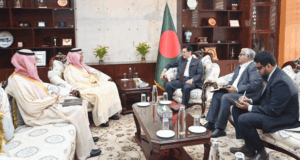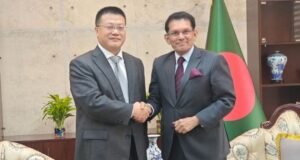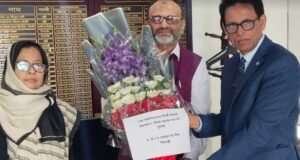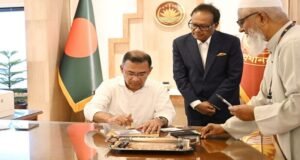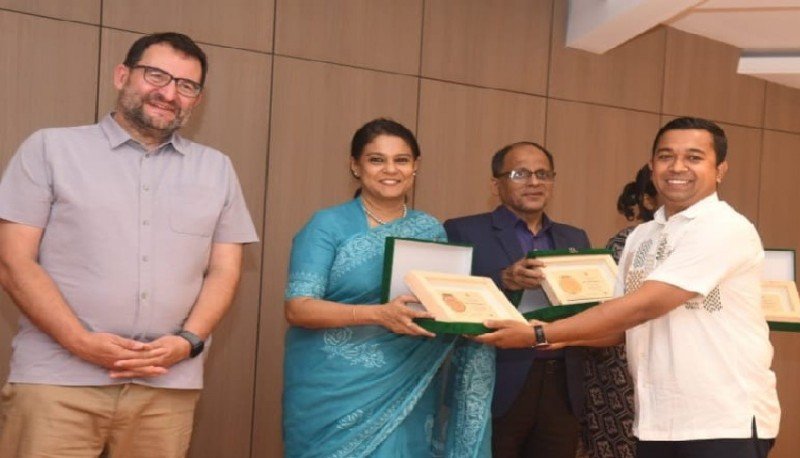
Syeda Rizwana Hasan, Adviser to Ministry of Environment, Forest and Climate Change, has called for stronger enforcement, institutional transparency and an end to faulty environmental clearances to protect Bangladesh’s ecological future.
Speaking as chief guest at a seminar titled “Strengthening Environmental Regulatory and Enforcement Capacity for a Sustainable Bangladesh,” organized by World Bank in Sreepur upazila, Rizwana urged Department of Environment (DoE) officials to act with creativity and courage.
“Enforcement is not just about imposing fines,” she said. “It must include transparency, alternatives, and empowering communities.”
Highlighting the need to target major polluting sectors, Rizwana identified dyeing industries, cement factories, and brick kilns as regulatory hotspots.
She emphasized the importance of proper planning and budgeting for enforcement efforts and called for public disclosure of polluters.
“Publish the names of polluters online. When information is accessible, citizens can support enforcement efforts; even in the face of political pressure,” she added.
The Adviser strongly criticized the issuance of environmental clearances in ecologically sensitive zones, especially flood flow areas used for waste dumping.
“Such site clearances are both irresponsible and legally flawed. Even under political pressure, officials must issue objection letters. If you can’t carry out your duties, ask for a transfer—but do not compromise the environment,” she warned.
Rizwana also called for greater transparency in the clearance process. She urged the DoE to publish Environmental Impact Assessment (EIA) reports of all red-category industries online and ensure that public objections are integrated into final decisions.
Additional recommendations included the digitization of complaint-handling systems, the creation of a mobile app to track enforcement actions and stronger collaboration with local administrations to prevent forest encroachment and illegal industrial activities.
World Bank’s Division Director for Bangladesh and Bhutan, Jean Pesme; former Anti-Corruption Commission Director General Muhammad Munir Chowdhury; Gazipur Deputy Commissioner Nafisa Arefin; BEST Project Director AKM Rafiqul Islam and World Bank Bangladesh Environment Specialist Bushra Nishat also spoke at the event.
At the conclusion of the seminar, Rizwana distributed certificates to outstanding participants and trainees, urging them to stay committed to protecting Bangladesh’s environment for future generations.
 Weekly Bangla Mirror | Bangla Mirror, Bangladeshi news in UK, bangla mirror news
Weekly Bangla Mirror | Bangla Mirror, Bangladeshi news in UK, bangla mirror news


